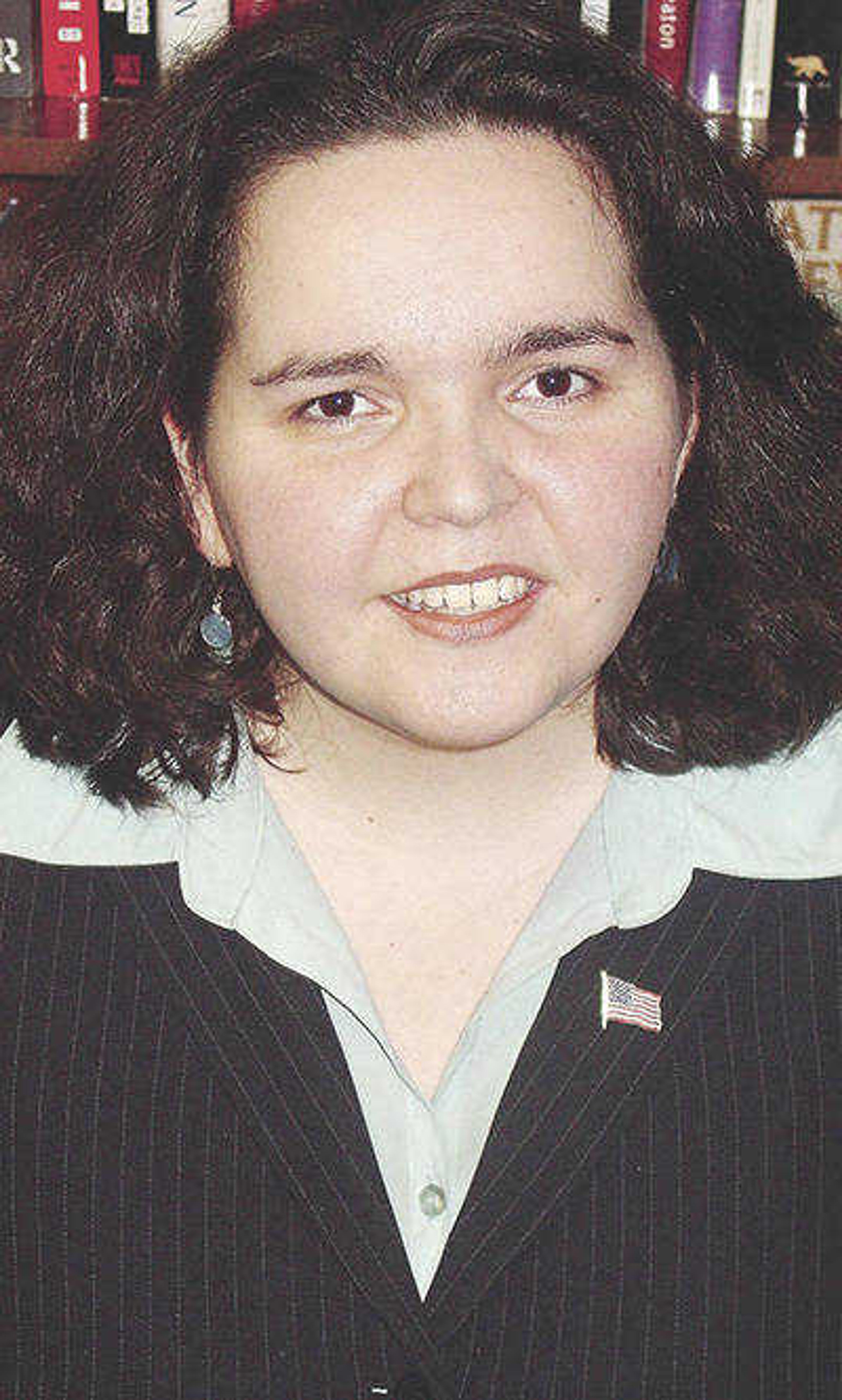The gift of adoption
"Lifemark," a movie out now, isn't afraid to tackle the tough questions. Inspired by a documentary about an adoptee traveling to meet his birthparents, "Lifemark" doesn't sugarcoat the pain that is involved in separation or the emotional uncertainties. At the same time, it shows us the blessing that a child can be to both a couple and to a young mother who is not prepared to raise the baby within her...
"Lifemark," a movie out now, isn't afraid to tackle the tough questions. Inspired by a documentary about an adoptee traveling to meet his birthparents, "Lifemark" doesn't sugarcoat the pain that is involved in separation or the emotional uncertainties. At the same time, it shows us the blessing that a child can be to both a couple and to a young mother who is not prepared to raise the baby within her.
Having been a huge fan of the documentary from which it was adapted, I was skeptical that a movie could capture the beauty of the story. But it does, and its message couldn't come at a better time.
"Lifemark" premiered earlier this month at the Museum of the Bible in Washington, D.C., with star Kirk Cameron, probably best known for his teenage role in the old sitcom "Growing Pains" was in attendance. Growing pains are exactly what we are experiencing in America right now, with the recent overturning of Roe v. Wade the Supreme Court decision that made abortion legal. Most Americans want some restrictions on abortion. They also want to know that women have choices. Adoption is one of those options. An estimated 2 million American couples long to adopt a child. And yet, as adoption advocate Elizabeth Kirk points out, the ratio of abortion to adoption in America is 50 to 1.
This is where pro-choice and pro-life Americans should be able to work together. Only about 18,000 babies born in the United States are placed for adoption annually. A majority of Americans have a favorable view of adoption, and yet the majority do not consider adoption as a way to grow their family.
Some pregnant women don't want to consider adoption because they don't want their child to wind up in the foster-care system; they often mistakenly equate the two. (And the foster-care system is something else that people on both sides of abortion debate could work to improve, but that's a whole separate column.)
It's a major educational challenge for us all, whatever your position on abortion.
David Scotton, whose story the movie is based on, is now a lawyer in Louisiana who helps facilitate adoption. (He plays an adoption lawyer in a brief cameo in "Lifemark.") Scotton believes that the film will save lives and help build families through adoption. His birth mother says she hopes that the movie communicates that every life has a purpose and that it will help women and girls in situations like that in which she found herself -- pregnant, scared, unmarried -- to "choose life."
This movie is clearly aimed at a Christian audience -- and people of faith absolutely need to get more serious about considering adoption as a cause to support and rally behind. But "Lifemark" has plenty to say to everyone, regardless of their faith or lack of it. It reminds us of people often forgotten about in our society, and examines how their choices in times of crisis can ripple through generations, to paraphrase a crucial line from the film.
If you can handle some acknowledgment of the existence of God, consider seeing "Lifemark" to support education on this front and to get a casual conversation about critical challenges started.
klopez@nationalreview.com
Connect with the Southeast Missourian Newsroom:
For corrections to this story or other insights for the editor, click here. To submit a letter to the editor, click here. To learn about the Southeast Missourian’s AI Policy, click here.









